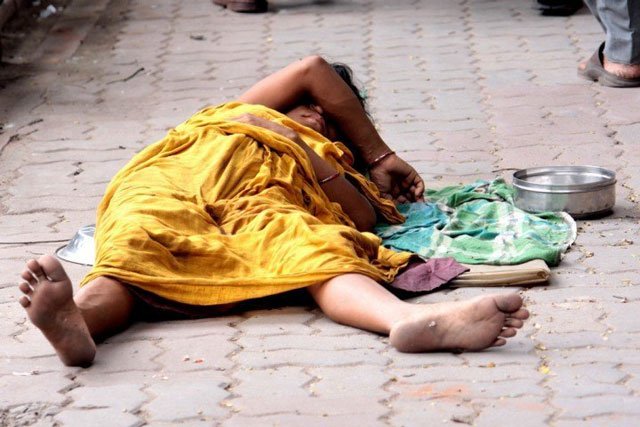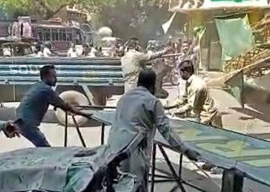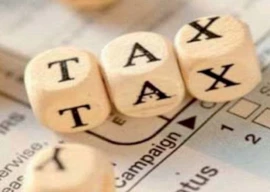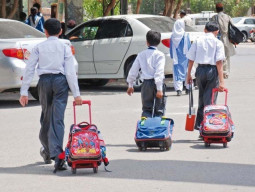
Millions across Pakistan and particularly from areas of Sindh such as Sujawal, Thatta and urban slums of smaller cities migrate to Karachi in search of better prospects. These were some of the major findings presented by researchers during the ‘Second IBA Annual Conference on Social Sciences and Humanities’.
The event covered a broad range of social and economic factors that shape the daily life of the residents of Karachi. A research paper titled ‘Homelessness in Karachi’ by Shanil Khowaja of Habib University pointed at the need to tackle the causes leading to rising homelessness in the city via restructuring government policies.
One important aspect highlighted in the research paper was the relevance of the concept of social constructivism, which provides for the comparison of the definition of homelessness across cultures, that is, one making use of their vehicle as an abode (temporary or permanent) shall not be regarded as homeless in a relatively underdeveloped country.
The research primarily revolved around defining homelessness for those who have left their homes for reasons such as economic and social and are now living in slum settlements or makeshift abodes under flyovers or pedestrian bridges.
Research in higher education stressed
Most importantly, besides the definition to categorise the populace as homeless or otherwise, there exists no concrete mechanism for the quantification of the same. Similarly, the national census did not account for those who add to the economic activity in the city while additionally burdening the resource strain.
The research findings concluded with the fact that rural to urban migration does not necessarily provide chances of upward social mobility to all - in many cases it worsens people’s standard of living.
Another research paper titled ‘Work-life dynamics of Pathan Rickshaw Drivers in Karachi’, presented by Shallum David of Habib University, highlighted the plight of the ‘Vespa rickshaw’ drivers in the face of competition from ride-hailing services and four-stroke CNG rickshaws, that have almost rendered the traditional hand-pull auto ride an outmoded means of transportation.
The qualitative findings sampled rickshaw drivers in the posh Defence and Clifton areas of Karachi. Moreover, the economic activity no longer makes for a sustained source of earning for the drivers - it is ethnically motivated communal networking that not only offers emotional and psychological support to these drivers who are away from their families but also a shared source of income.
Further, the absence of a rickshaw union has resulted in a lack of rickshaw drivers’ demands being accepted and grievances being addressed. The issues are overlooked by the Rickshaw Welfare Association, which does not do much do cater to the needs of Pathan rickshaw drivers.
Focus on research rather defaming others: BZU VC
This panel of the conference focused on ‘social worlds’, in the words of Dr Faiza Mushtaq, chair of the department of social science and humanities at the Institute of Business Administration (IBA), attempts to understand social structures, particularly in Karachi, while reflecting upon the subcultures, communal set ups and equally important lingual and ethnic factors.
She also stressed upon the importance of research that has a direct implication on policymaking pertaining to important social and economic issues.



































COMMENTS (3)
Comments are moderated and generally will be posted if they are on-topic and not abusive.
For more information, please see our Comments FAQ